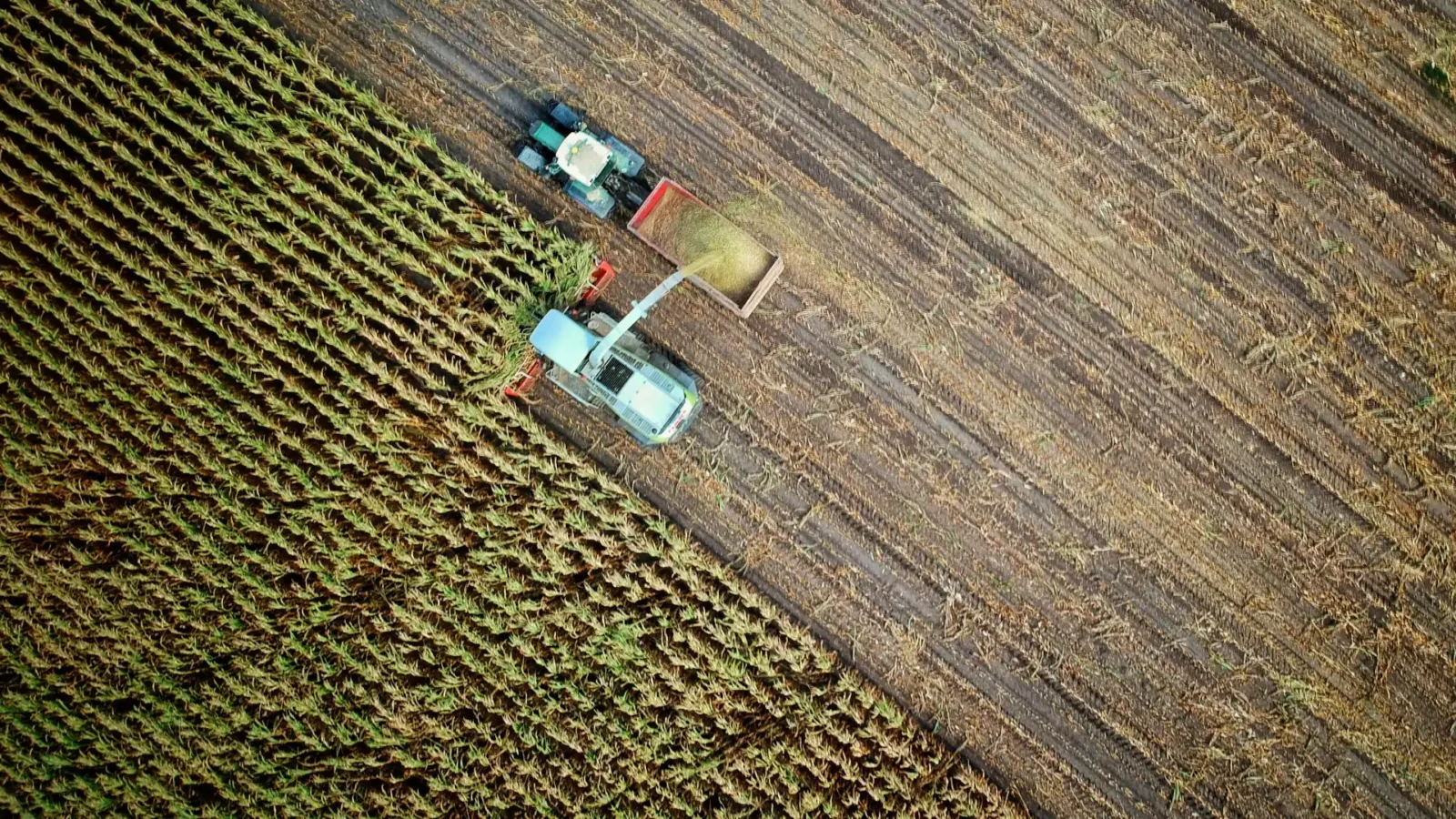Artificial Intelligence (AI) is rapidly transforming industries worldwide, and agriculture is no exception. In New Zealand, where farming is a cornerstone of the economy and culture, AI is becoming a critical tool for tackling challenges such as improving crop yields, promoting environmental sustainability, and enhancing food security. Let’s explore how AI is reshaping agricultural practices—particularly through precision farming—and its broader impact on food security in New Zealand and beyond.
How is AI Improving Agricultural Practices?
AI in agriculture isn’t just about automating tasks; it’s about rethinking how farms operate. Traditional farming methods relied heavily on manual labour, intuition, and historical knowledge. While these approaches have their strengths, the increasing complexity of modern farming requires innovative solutions that can balance the need to produce more food with fewer resources while minimising environmental impact. This is where AI steps in, bringing data-driven insights and automation to the forefront.
Farmers are now using AI tools to analyse soil conditions, predict weather patterns, and monitor livestock health in real time. AI systems process vast amounts of data gathered from satellites, drones, and on-field sensors, giving farmers a comprehensive view of their land. With this data, they can make informed decisions on when to plant, irrigate, or harvest, optimising production and reducing waste.
AI also plays a crucial role in addressing the environmental impacts of farming. By optimising the use of resources—such as water, fertilisers, and pesticides—AI helps minimise the environmental footprint of agriculture. In New Zealand, where balancing agricultural productivity with environmental stewardship is a priority, these AI technologies can contribute significantly to sustainable farming practices.
Precision Farming
Precision farming, also known as precision agriculture, leverages AI and other technologies to manage agricultural processes with pinpoint accuracy. It’s a data-driven approach that ensures crops and livestock receive exactly what they need to thrive, no more and no less. Precision farming is one of the most impactful applications of AI in agriculture, helping farmers maximise efficiency while reducing resource use.
AI-powered tools allow New Zealand farmers to monitor soil health, nutrient levels, and moisture content across specific areas of their fields. This enables them to customise irrigation and fertilisation schedules, reducing water usage and minimising chemical runoff. For instance, AI-enabled smart irrigation systems can adjust water levels based on real-time weather forecasts, ensuring crops are only watered when necessary.
Autonomous Machinery
Drones and autonomous machinery are also integral to precision farming. AI-enabled drones can survey large fields, capturing high-resolution images that identify areas of poor crop health or pest infestations. This allows farmers to address issues before they spread, improving yields and minimising losses. Meanwhile, autonomous tractors and harvesters, equipped with AI, can operate more efficiently than human-operated machines, further boosting productivity.
New Zealand’s dairy industry, a cornerstone of its agricultural sector, is also benefitting from precision farming. AI algorithms monitor the health and productivity of livestock, detecting signs of illness or stress early—often before they’re visible to the human eye. This proactive approach leads to healthier herds, increased milk production, and reduced veterinary costs.
AI Solutions for Food Security: Meeting Global Challenges in Agriculture
Food security is an increasingly urgent global concern, and AI has the potential to play a pivotal role in ensuring that populations have access to sufficient, safe, and nutritious food. In New Zealand, as in other countries, climate change, population growth, and shifting dietary preferences are putting pressure on the agricultural sector. AI’s ability to optimise farming practices could be key to meeting these challenges.
Increased Crop Yields
One way AI contributes to food security is by helping farmers increase crop yields without expanding farmland. With AI-driven tools, farmers can better manage resources, predict optimal planting and harvesting times, and protect crops from diseases and pests—all of which lead to higher productivity. This means more food can be produced on the same amount of land, reducing the need to clear forests or encroach on protected areas.
Food Waste Reduction
AI’s predictive capabilities also help reduce food waste—a significant issue in global food systems. AI models can analyse historical data and real-time conditions to forecast demand, helping farmers grow the right amount of produce to meet market needs. When farmers have a clearer understanding of demand, they can better manage supply, minimising surplus and the associated waste.
Optimised Logistics
AI also supports food security by optimising logistics and supply chains, ensuring food reaches markets efficiently. Smart algorithms can route shipments to minimise travel time and reduce spoilage, helping fresh produce reach consumers while still in peak condition. In a globalised economy, where New Zealand exports a substantial share of its agricultural products, these AI-driven logistics optimisations are essential for both national and international food security.
AI Shaping the Future of New Zealand’s Agriculture
AI in agriculture is more than just a buzzword; it’s a powerful tool for addressing some of the most pressing challenges facing New Zealand’s agricultural sector. From precision farming to ensuring food security, AI offers a suite of solutions to improve productivity, reduce environmental impact, and sustain the sector for future generations. As New Zealand continues to adopt AI technologies, the country is well-positioned to lead the way in creating a more sustainable, resilient food system.
By embracing AI, farmers across New Zealand can make more informed, efficient, and sustainable decisions—benefitting not only their own operations but also contributing to the global goal of food security. Whether through precision farming innovations or optimised logistics, AI’s role in agriculture is set to grow, with positive impacts that will be felt both locally and worldwide.









Leave a Reply